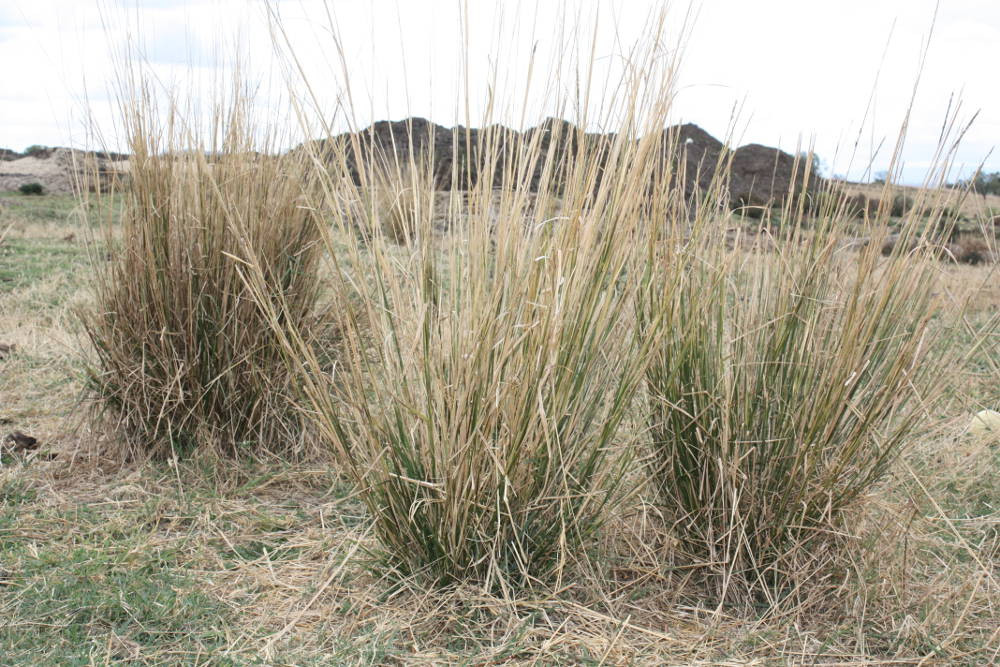Agricultural
12 January, 2022
Landholders urged to treat, report invasive weed outbreaks
Toowoomba Region landholders and residents are being urged to remain vigilant for outbreaks of invasive weeds following recent widespread rain.

Toowoomba Regional Council (TRC) Parks and Recreation Services portfolio leader Cr Tim McMahon said rain and warm temperatures provided perfect conditions for invasive weeds to spread in paddocks, backyards and catchments.
Cr McMahon said seeds from invasive plants that were introduced during the recent drought in fodder supplies or had been brought to life during the recent rain and warm weather after being dormant in the ground.
“The current conditions are aiding the germination of weeds such as Chilean Needle Grass, Giant Rat’s Tail Grass and Parthenium. This is occurring on a scale not seen for several years,” Cr McMahon said.
"The threat is further compounded by heavy rainfall causing water movement that aids the dispersion of pest plants along normally dry drainage lines.
“We’re calling on residents to be vigilant by treating and reporting outbreaks of invasive plants as soon as possible.
“Early intervention can result in localised eradication and reduce longterm management costs.
“Particular attention should be given to areas where fodder has been fed out in the past 12 months, as well as waterways or creek banks at high water level marks and fence lines that may have trapped floodwater debris.”
A list of prohibited or restricted weeds can be found at www.business.qld.gov.au/industries/farms- fishing-forestry/agriculture/ land-management/health- pests-weeds-diseases
Council’s Biosecurity Compliance Officers are available for advice on identification and management.
They can be contacted by calling 131 872.


